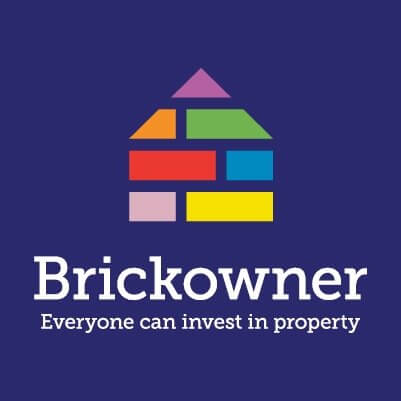Property investments can strength a diversified portfolio. There are three ways to invest in the housing market, owning and renting a property directly (landlording), peer to peer (p2p) property equity platforms, property funds. This is a comparison between P2P vs Landlording vs Property funds, it will help you understand how to invest in real estate.
Property is essential for business and residences. Business, even an online business needs premises to operate from. People will always need a house to live in.
Things to know:
- There are two major real-estate sectors; Commercial and Residential. Commercial property is used by businesses, and residential property is used as residences.
- There are two ways to make money with a property, capital growth and rental yield.
Strengths
- Property prices and rents usually rise and fall with Inflation. An investment in property keeps your returns relative to the cost of living.
- Buildings are fundamental to the operation of the business. Real estate will always be in demand at some price. A business, on the other hand, can default if it fails to provide value at a competitive price in the market. Real estate itself cannot default. However, a real estate company can.
- Residential property is essential to people’s lives. We all need a place to live in.
- Increasingly people move jobs more frequently; they go to live where the jobs are. For example, teaching hospitals, shopping centres, large employers can create whole new communities around them. A property market which clusters around such resources has added value.
- Becoming a landlord carries a number of responsibilities which can be difficult to fulfil. Difficult tenants, paperwork, taxes hands off property investment. Eliminates some of these challenges, it does create some others in the process.
Weaknesses
- Investing in a business has more potential (and risk) to give a yield or make money.
- Property needs to be maintained.
- Property prices and demand is a factor of jobs and economic growth.
- Property is potentially less liquid than equities.
- Household finances are pressured through inflation and employment prospects, this has a direct impact on demand, property prices and asking rent.
- The British are traditionally homeowners, reducing the potential rental market.
Opportunities:
- The Germans traditionally prefer to rent rather than buy.
Property Market:
- The UK has a shortfall in supply to the real estate market.
- In the UK institutional buyers are still not big players in the UK market; their entry could increase prices.
- The depreciation of the Sterling gives foreign buyers greater access to the UK’s property market.
- Certain parts of the property market like Manhattan, London and Tornoto have become expensive because of foreign buyers.
Landlord:
- The accessibility to credit, allows the potential landlord to leverage his investment to access assets of greater value.
- Knowledge of particular neighbourhoods and markets give you a competitive advantage both in buying and renting. Use sites like Zillow for the USA and Capital immobilien kompass for Germany and Zoopla for the UK to do your research.
- Negotiating directly gives you more leverage on buying at the price you want.
P2P
- Diversification in properties and geographies.
- Hands off property investing.
- Some level of liquidity.
- Owning a slice of a property directly rather than
Property Funds:
- Diversification
- Liquidity: Depends on funds prospectus
- A property fund allows investors to invest according to the prospectus of the fund.
- Much greater diversification possibilities than direct land lording or p2p property platforms.
- In addition to offering a hands-off property investment, property investment structures offer tax efficient structures
Threats:
Real estate investments can fall in value. Property prices in the US crashed in 2008.
Direct Landlording:
- Keeping up with legislation ex: rental control policies.
- Paperwork (taxes, receipts).
- Legislation favouring the tenants.
- Lack of diversification.
- Budgeting on the ROI (Return on investment) can be miscalculated.
P2P:
- The P2P platform can go into liquidation, most likely this would create a gap in the management of the property.
- Performance can be massaged to look attractive, and it is difficult for the inexperienced investor to challenges the proposed figures.
- As of 2016, there has been very limited testing of the Exit strategies proposed by the platforms.
Property Funds:
- Property funds need to keep part of their funds liquid to pay back any investors who cash out. This cash buffer is in the region of 10%. This means that 10% of your funds are not working and if the demand for cash out is larger than then the cash buffer, the fund could temporarily close. This happened to M and G after the Brexit.
- When property funds need to honour withdrawals, there is the danger of the fire sale of assets to return to liquidity.
Conclusion
P2P vs Landlording vs Property funds have investments their pros and cons, they are all different vechiesl to invest in real estate. This real estate investing primer will help you start understanding which is the right fit for your investing style and risk profile. Your capital is at risk in all three types of investment.
Investing options
P2P
UK
US
Property funds
UK
USA
International
- Vanguard Global ex-U.S. Real Estate ETF (VNQI) (Dollar)
- Schroders Global Cities (Pound)
Invest Wisley!











